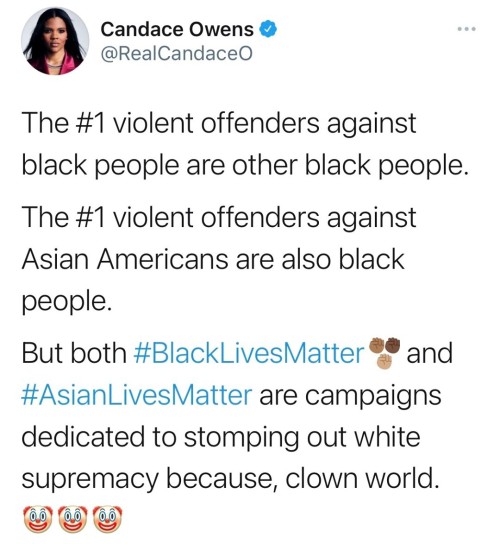- Scientists at Wuhan lab were on massive project investigating animal viruses
- Documents obtained by The Mail on Sunday have revealed a nationwide scheme
- It was being directed by leading state body, which was launched nine years ago
- Its aim was to find new viruses and detect 'dark matter' of biology involved in spreading disease - alongside military officials, despite denials of any such links
Documents obtained by The Mail on Sunday reveal that a nationwide scheme, directed by a leading state body, was launched nine years ago to discover new viruses and detect the 'dark matter' of biology involved in spreading diseases.
One leading Chinese scientist, who published the first genetic sequence of the Covid-19 virus in January last year, found 143 new diseases in the first three years of the project alone.
The fact that such a virus-detection project is led by both civilian and military scientists appears to confirm incendiary claims from the United States alleging collaboration between the Wuhan Institute of Virology (WIV) and the country's 2.1 million-strong armed forces.
The scheme's five team leaders include Shi Zhengli, the WIV virologist nicknamed 'Bat Woman' for her trips to find samples in caves, and Cao Wuchun, a senior army officer and government adviser on bioterrorism.
Prof Shi denied the US allegations last month, saying: 'I don't know of any military work at the WIV. That info is incorrect.'
Yet Colonel Cao is listed on project reports as a researcher from the Academy of Military Medical Sciences of the People's Liberation Army, works closely with other military scientists and is director of the Military Biosafety Expert Committee.
Cao, an epidemiologist who studied at Cambridge University, even sits on the Wuhan Institute of Virology's advisory board. He was second-in-command of the military team sent into the city under Major General Chen Wei, the country's top biodefence expert, to respond to the new virus and develop a vaccine.
The US State Department also raised concerns over risky 'gain of function' experiments to manipulate coronaviruses at the Wuhan lab and suggested researchers fell sick with Covid-like symptoms weeks before the outbreak emerged more widely in the Chinese city.
Last month, Britain, the US and 12 other countries criticised Beijing for refusing to share key data and samples after a joint World Health Organisation and Chinese study into the pandemic's origins dismissed a lab leak as 'extremely unlikely'.
Filippa Lentzos, a biosecurity expert at King's College London, said the latest disclosures fitted 'the pattern of inconsistencies' coming from Beijing.
'They are still not being transparent with us,' she said. 'We have no hard data on...












